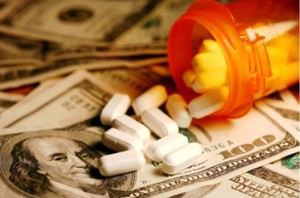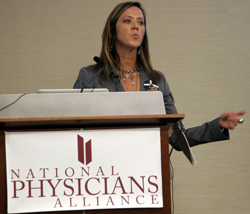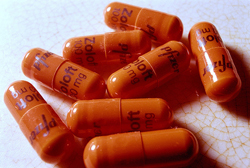
Psycho-Pharma Front Groups Paid Million$
Campaigns to “Stop the Stigma” of Mental Illness were Launched by the Psycho-Pharmaceutical Industry By CCHR International The Mental Health Industry Watchdog August 17, 2020 With…


Campaigns to “Stop the Stigma” of Mental Illness were Launched by the Psycho-Pharmaceutical Industry By CCHR International The Mental Health Industry Watchdog August 17, 2020 With…

Star Tribune – November 1, 2013 By Jim Spencer A decade after the suicide of her husband, who was prescribed the antidepressant Zoloft for insomnia,…

West Virginia Legal Record – October 31, 2013 By Kyla Asbury Six more lawsuits have been filed against Pfizer Inc. after the plaintiffs claim their…

Courthouse News Service – October 29, 2013 By Sabrina Canfield Pfizer defrauded the public about its blockbuster antidepressant Zoloft by writing its own articles about…
It’s no secret that advertising works. Big Pharma wouldn’t spend over $4 billion a year on direct-to-consumer advertising if it didn’t mean massive profits.
What is more unknown is why drug ads that sow hypochondria, raise health fears and “sell” diseases are often the most common–and effective–even when the drugs themselves are of questionable safety.
The nation’s fourth most frequent drug ads in 2009 for were Cymbalta, making Eli Lilly $3.1 billion in one year, despite the antidepressant’s links to liver problems and suicide. Pfizer spent $157 million advertising Lyrica for fibromyalgia in 2009, despite the seizure pill’s links to life-threatening allergic reactions. The same year, it spent $107 million advertising the antidepressant Pristiq, even though it also had links to liver problems.